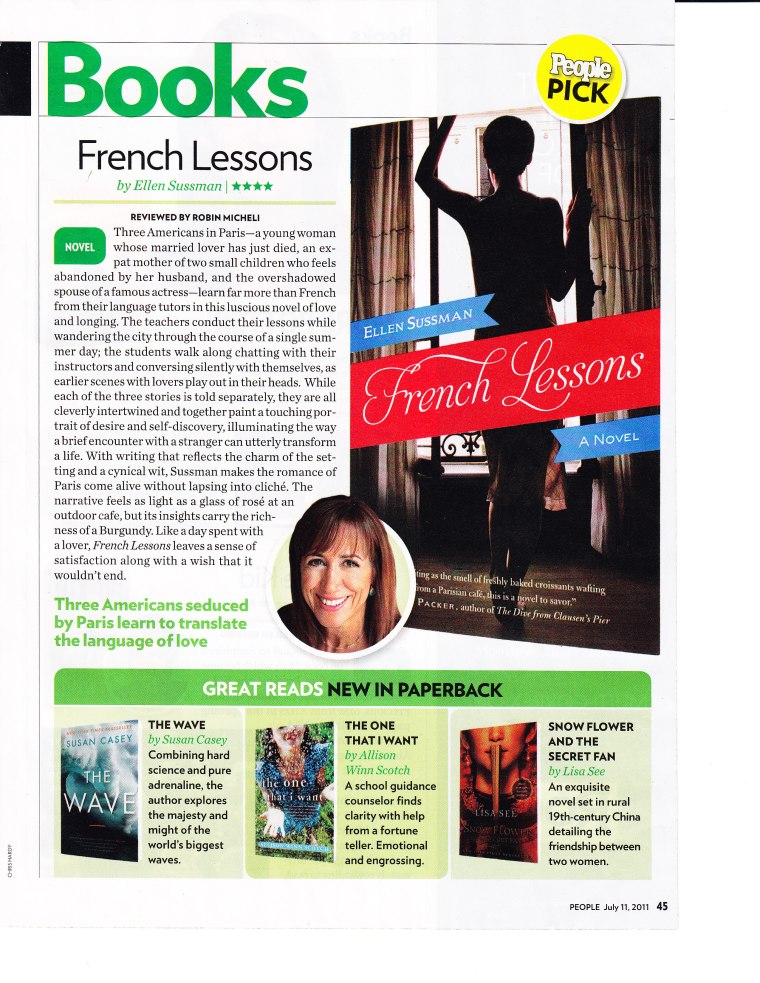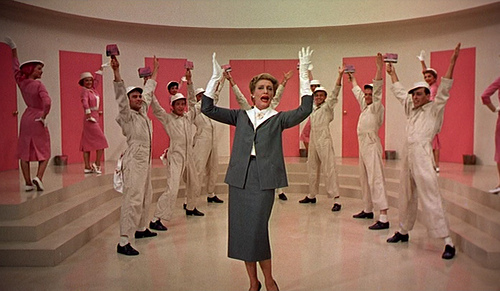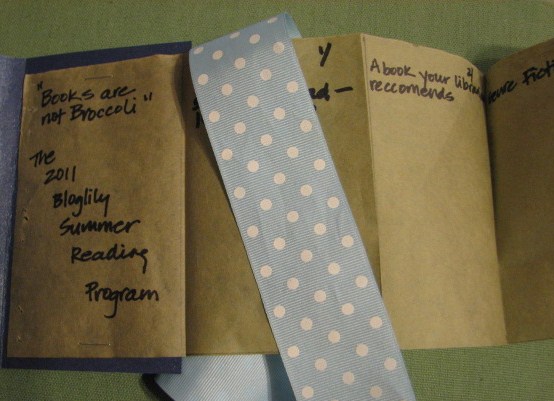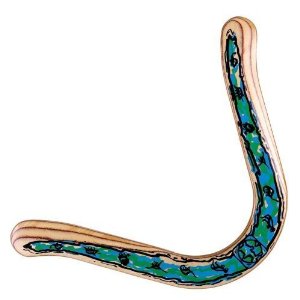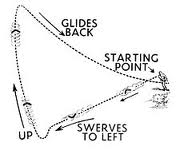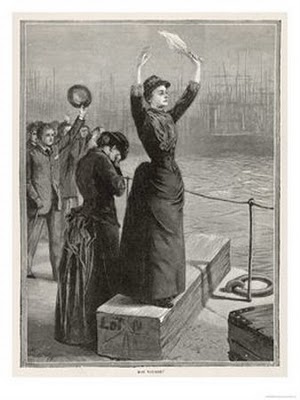I moved to a new home that’s dedicated to writing and reading-related stuff. I’d love to see you over there, my wonderful blog friends. 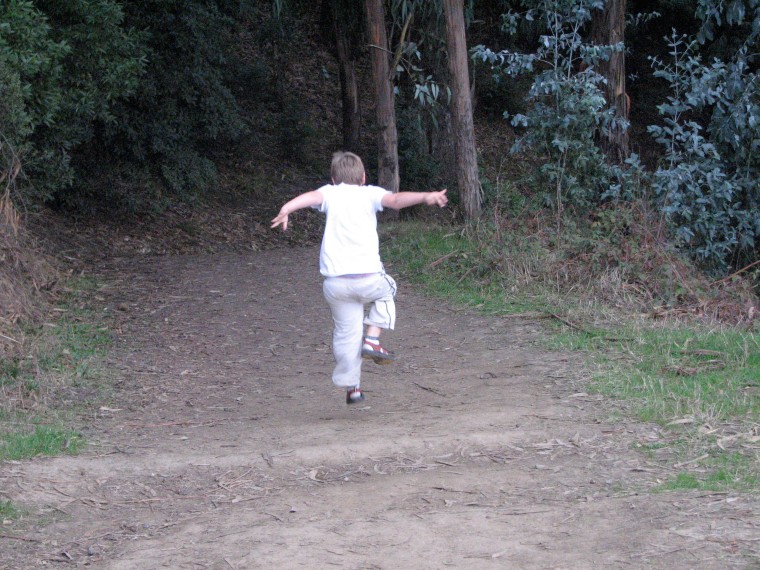
Wings
The Spirits of the Air
If Blake is to be believed, the spirts of the air “live in the smells of fruit.” I kid you not. And even better, this all happens in autumn. Investigating this fruit-related issue, I have discovered that he is indeed correct. At least in Berkeley, California, where the nectarine and the peach are the first thing you see when you walk into a produce market. Even in Safeway. Also, the tomato.
I have been disconnected from the internet for all of August, which is a good thing, because the break allowed me to gather myself together. Actually, first I fell apart under the onslaught of teenagers (the relevant statistics there are 2 and 16. Two of them. And they are 16.) They don’t live in Autumn, as I do. They’re all about heedless summer. That’s good, unless you’re the mother. And then you have to increase the meds and do a lot of yoga. Which is precisely what I have been doing all of August, to be absolutely frank.
And I would like to say that those of you who so nobly embarked on the BlogLily Summer Reading Program are heroes in my eyes, because your summers were, well, obviously somewhat heedful. And those of you whose packets have been delayed by adolescent angst? Would you email me please and I will send you the BlogLily Fruit Smelling Fall Reading Packet? (Also, I would just like to get some e-mails about something book-related.) There is no reason in the world that you should be denied this pleasure. Fall is, after all, the time of the book report, is it not?
xo
The True Deceiver
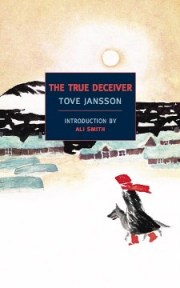 I have no idea how I ended up with Tove Jansson’s The True Deceiver in my book bag. (Tove Jansson is the author of the Moomintroll series, which is wonderful also, but in a different way.) Did I see it on one of those “other people bought this” recommendations on Amazon? Did a blogger mention it? Was it face up on a bookstore table? Where do our books come from, anyway? But if I get into THAT then I will not write about THIS, which is, right now, more interesting,
I have no idea how I ended up with Tove Jansson’s The True Deceiver in my book bag. (Tove Jansson is the author of the Moomintroll series, which is wonderful also, but in a different way.) Did I see it on one of those “other people bought this” recommendations on Amazon? Did a blogger mention it? Was it face up on a bookstore table? Where do our books come from, anyway? But if I get into THAT then I will not write about THIS, which is, right now, more interesting,
The True Deceiver is a simple story, set in a village in Scandinavia during the winter. The writing is beautifully spare, psychologically astute and the story it tells is an utterly unique one, or at least it was to me. The story is driven by the desire of Katri, a woman the village children call a witch because she has yellow eyes and a wolf-like dog, to find a home for her brother who seems to be “simple” but might just be quiet. Katri, who is a business-like, straightforward, truth teller, focuses on Anna, an innocent-seeming, older woman who is the author of children’s books which feature meticulous drawings of the forest floor in the spring and rabbits covered in flowers. The two women could not be more different and it is inevitable that when Katri comes into Anna’s home and uses truth as a kind of deceit neither of them will be the same when the snow melts.
The book is about honesty and artifice and what happens to us when we encounter and engage in them. Jansson has a remarkable eye and ear for human behavior and a true compassion for her characters. She began writing for adults when she was in her 50s, and I wonder how much that has to do with the beauty of her work. It’s as though she’s figured out just how much she needs to say and no more. Like Marilynne Robinson’s Housekeeping, True Deceiver is a meticulously crafted novel that carefully charts the relationships among an isolated group of characters. I’d put it in the literary fiction category of my summer reading, although it’s so transcendent that I wonder if maybe we should invent another category for it.
Let’s see, points totals: Nobody recommended this, not as far as I could tell, so not points there. I did not check it out from the library (which makes me think I bought it at a bookstore. Or stole it, since I can’t remember where it came from — a little bit like Katri, actually.) Definitely no points there. But I did write it down and write about it and I snuck in Housekeeping in case you’re wondering what other beautiful book it reminds me of. 30 BlogLily Summer Reading Program Points. (But then I don’t get the boomerang — or other prize — because I’m pretty sure that’s totally not allowed.)
The Untailored Spy
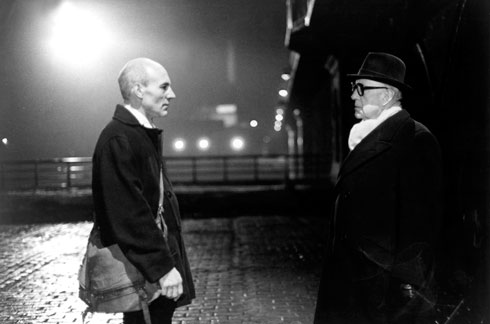 I adore George Smiley. You probably do too, because you probably have already read all the John leCarre books that feature him. Lucky me, I had not, which is why I chose two of them as my BlogLily Summer Reading Program (which I like to think of, acronymically, as B-SLURP) genre choices. The first, Tinker Tailor Soldier Spy and the second, the Honorable Schoolboy, are among the best books I’ve read in a very long time.
I adore George Smiley. You probably do too, because you probably have already read all the John leCarre books that feature him. Lucky me, I had not, which is why I chose two of them as my BlogLily Summer Reading Program (which I like to think of, acronymically, as B-SLURP) genre choices. The first, Tinker Tailor Soldier Spy and the second, the Honorable Schoolboy, are among the best books I’ve read in a very long time.
George Smiley, who is at the center of both books (and a third I haven’t yet read, called A Perfect Spy thank you Joe, for pointing out that the third book is actually called Smiley’s People), is basically all about righting the sinking ship that is the British secret service in the 1960s and 1970s. Smiley’s work is not triumphant or inevitable, as maybe an American’s might be — in Smiley’s world, there are no rocket launching cars or poison gas shooting pens. Instead, budgets are tight, and notes are delivered later than they should be because people get busy, there’s little political support for Smiley, and plenty of Americans who look down on the British as the worst kind of amateurs. These books are imbued with a kind of melancholy, not so much about a lost world or lost values, but more about aging and endings in general and the losses that come with them. They are about the cold war, of course, but also about the compromises of age, about the fatigue of living, and about the way in which we still go on and try to protect, as best we can, the things we have built or have admired as they were built.
Which brings me to Smiley — a man in his sixties who wears beautifully made suits that are too big for him, marries a beautiful woman (Lady Ann) who, like his suits, doesn’t fit him, and so leaves him again and again to his sorrow, but never anger. Smiley closes his eyes and thinks when someone tells him something you’d expect to make him shout, and pads around and patiently figures out the most complicated things, not with flashes of insight, but by looking closely at the budgets for old projects, while he never puts sugar in his tea or coffee — always saccharine — because he is, regrettably, watching his weight (how delicate is that? he is never “on a diet.”) In most spy books, characters either have no limits or their limits are weaknesses they must fight against. Not so with Smiley. He has plenty of limits, but they seem to all be external. He is a man who appears to some — the more foolish people in these stories, in fact — to be weak and ineffectual, but he is anything but.
If it is true that plot is simply character in action, then leCarre’s plots are also brilliant. After a while you don’t care that the twists and turns of the story are difficult to follow because you realize, or you accept, that the plot isn’t really the point — the point is that the world is terribly imperfect, and dangerous and difficult to understand and men struggle with these things bravely and often fail but sometimes don’t. And that occasionally, and at great price, a temporary equilibrium is achieved. It is leCarre’s greatness that this balance is created not by strong confident men with sports cars but by almost finished men who nevertheless have a kind of wisdom that I, for one, am grateful to have come across this summer.
It’s Sleeping in My Memory
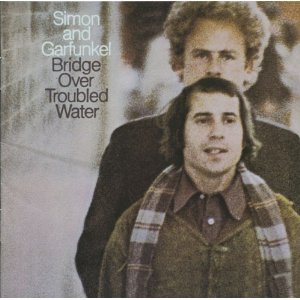
For reasons unclear to me, as I was driving to work, some lines from Alexander Pope’s stupendously long poem, An Essay on Criticism, popped into my head. I would like to say that the poem is roughly 362 pages long, and I only read up to these lines, which occur very soon into the poem. I mean, I’m sure I “read” this poem, but only if “read” is defined loosely as “slept five minutes, forgot entire meaning, read five minutes, slept five minutes, forgot entire meaning, repeat for six weeks.” The whole thing is written in couplets. Reading it was like riding on a bouncing stagecoach. Anyway, the lines are: “Unfinished things, one knows not what to call,/Their generation’s so equivocal.”
What impresses me now is that Pope pulled off rhyming “not what to call” with “equivocal.” I mean, really. ” Call” doesn’t truly rhyme with equivocal. But when you make a line out of those four words (“not what to call”) you get something that rhymes with equivocal and doesn’t sound stupid. What must have been floating around in his head, waiting to become a rhyme I cannot even begin to imagine.
But I digress. What I really have today is a question. I am curious about what pops into people’s heads. This is the first time I can remember that actual poetry appeared. Mostly what comes to me when I’m driving to work is either (a) something someone said to me once that so shocked me that I still think about it (for example, a boyfriend, on his sexual responsibilities: “I am not a service station,”) or lines from pretty much any song on Bridge Over Troubled Water (“still a man hears what he wants to hear and disregards the rest”)
What lines of poetry or dialogue or description or wisdom or insult pop up in your head with some regularity?
French Lessons: Champagne All Around
A few years ago, I did a writing residency at the Atlantic Center for the Arts in Florida. It was magical, that place. They had a room full of beach cruisers for us to ride — and the ocean wasn’t very far. The writer who was the “master artist,” Antonya Nelson, turned out to be called Toni, and to be not in the least bit scary, which was my great fear. I got a lot done there. And I became friends with some really remarkable women.
One of these women was Ellen Sussman. I’d been seeing her anthologies around in bookstores with provocative names like Bad Girls, and Dirty Words (which has an essay in it by my first writing teacher, Thaisa Frank) and honestly, I was as intimidated by her as I was by Antonya Nelson.
And then I met Ellen and she wasn’t intimidating in the least. What she is, among many other things, is a really disciplined writer. While we were in Florida, she sold French Lessons, a novel that she had been sweating over for quite a while, to get it just right. Apparently, she got it even more than just right. There was an auction and a glamorous trip to New York to meet with her new editor and a bunch of other stuff that left me speechless because it seemed so, well, professional. And then there was champagne.
And here’s the book. It just came out. It’s wise and bright like Ellen. And quite moving. It’s the sort of book that makes you feel just a little bit more alive, more awake, and grateful that Paris exists and people like Ellen are around to write about it.
So, champagne all around.

